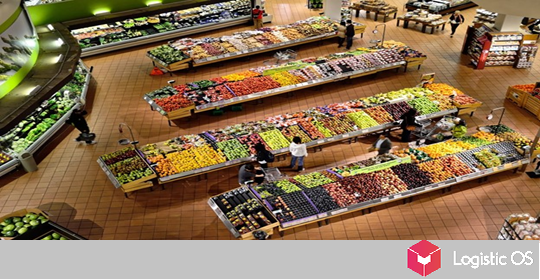The Indian Ministry of Agriculture has unveiled a state-of-the-art smart platform that should make it much easier for farmers to combat plant pests and diseases.
The Ministry of Agriculture unveiled the National Pest Surveillance System (NPSS) this month.
This development is expected to help local farmers increase their yields while saving a lot of money. It is expected that up to 140 million farmers may connect to the system in the near future.
The national system is a digital platform that combines technologies such as artificial intelligence and machine learning.
It is expected that it will provide farmers with timely and accurate recommendations that will help prevent plant diseases or pests, or minimize the consequences.
To start using the system, any farmer can visit the website or download the mobile application to their smartphone.
It is expected that such ease of use of the platform may make it very popular.
The system will then offer the farmer recommendations on plant care, taking into account the large amount of data that will be sent to the system by many agricultural producers.
In particular, the location of the farm, the season, and the condition of crops on other nearby farms will be taken into account.
Artificial intelligence will be able to analyze a large amount of information, so the creators of the system expect that the recommendations will be accurate and effective.
In addition, each farmer will have the opportunity to directly contact specialists.
To do this, he will only need to send several photos and videos from his farm to the system to receive a prompt response with recommendations, following which the farmer will be able to successfully combat plant diseases and pests.
In fact, with the help of the application, each participant in the system will have the opportunity to very quickly and free of charge consult with experts.
The developers also expect that thanks to timely or preventive measures, farmers will be able to combat diseases and pests without significant costs, for example, on pesticides.
This will not only increase the profitability of farms, but will also contribute to a good environmental situation in the country, food safety.
Overall, the system is expected to significantly reduce crop losses due to pests and diseases, thereby increasing the efficiency of agriculture in India.

